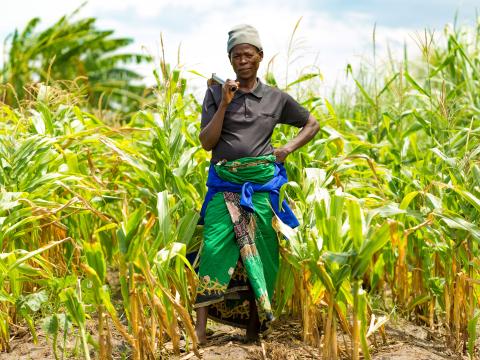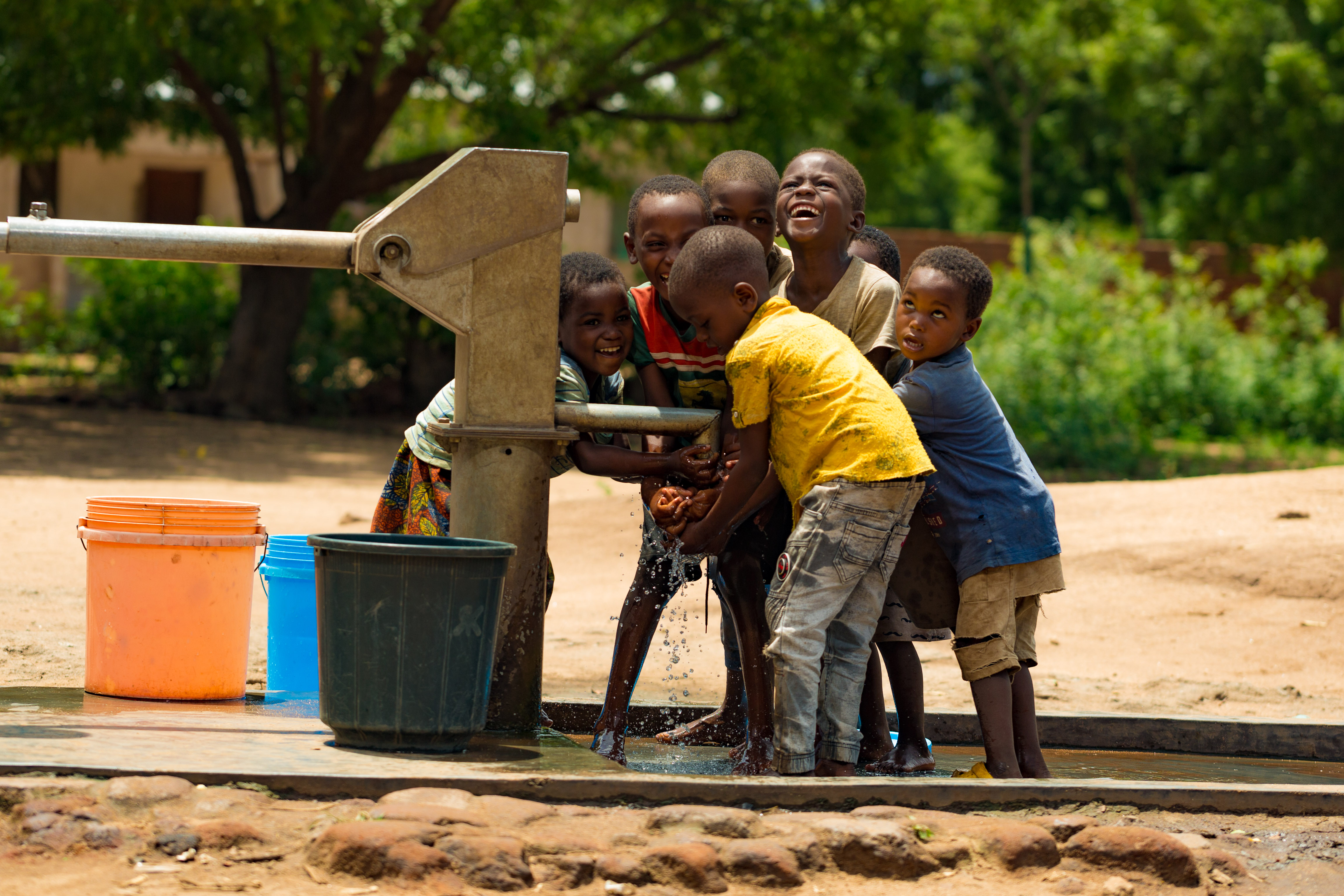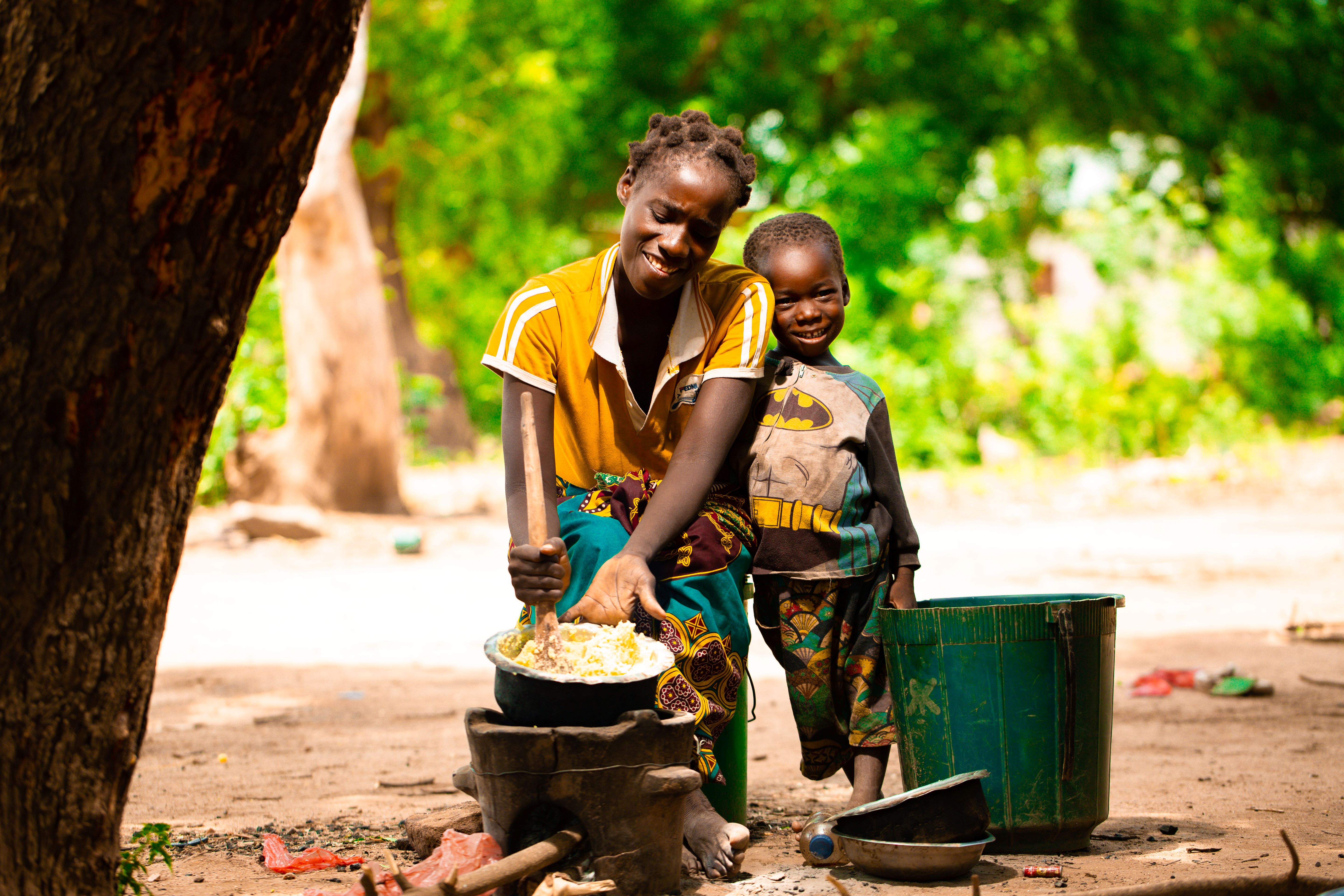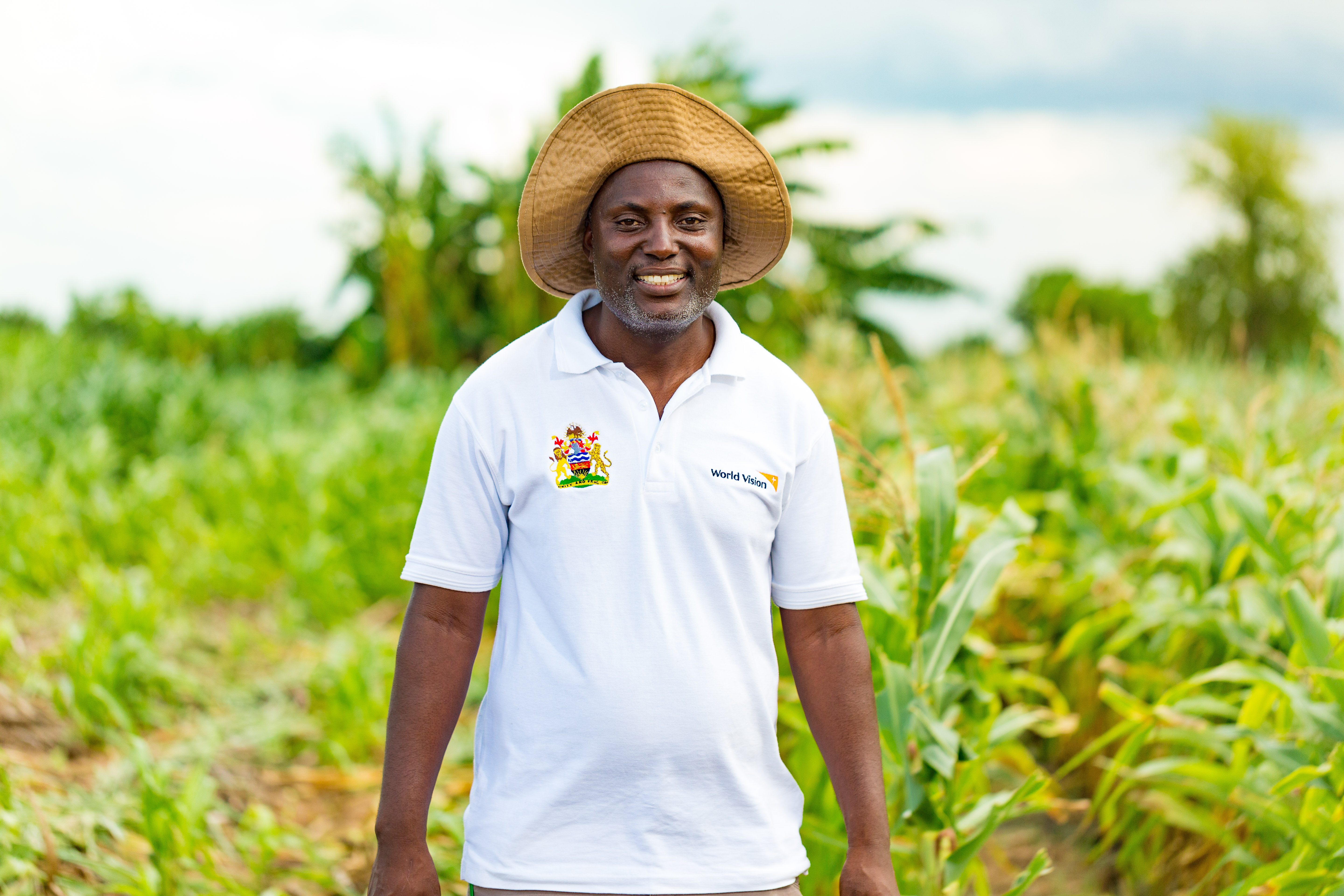Water and Sanitation Boost Malnutrition Fight in Nsanje

Cyclone Idai in 2019 dumped devastating torrents and floods in Nsanje, Malawi’s southernmost district where silted rivers burst their banks, flattening crops, homes, water points and latrines in their way.
The loss and damage recurred ferociously with Tropical Storm Ana in 2022 and Cyclone Freddy in 2023.
“Frequent disasters left the few remaining water points so overwhelmed that I used to wake up as early as 4 am to avoid the forming queues. I had to wait for hours to fill a bucket as the boreholes usually run dry. They couldn’t cope with the fierce scramble for water,” says Fatima Taibu, from Chimombo Village.
She recalls walking over a kilometre to overburdened water points in neighbouring villages.
“The hand pumps frequently broke down, pushing us to open wells that exposed us to sanitation-related diseases. Children were frequently bedridden by diarrhoea,” recounts Taibu.
The shrinking access to clean water increased with an influx of families that relocated from flood-prone lowlands along the Shire River.

“With hundreds of families moving upland, we now spent hours waiting for a turn as the pushing gave rise to fistfights and verbal wars. Those who couldn’t bear the nasty scramble fled to the open wells, which were not close to home either,” she says.
The breakdown in water, sanitation and hygiene services moved World Vision Malawi to drill four boreholes and rehabilitate nine in the community under Traditional Authority Chimombo.
Taibu’s family now get water a stone’s throw away from their house, cutting the time and energy once wasted on the long search for water.
“Previously, we couldn’t bath or wash our clothes frequently; we had to use hard-earned water sparingly. Now that we have clean water nearby, we get enough when we need it and save time to care for my children and crops,” she says.
Elisha Dosa, Chairperson of T/A Chimombo water committee, says improved access to clean water has reduced the risk of preventable sanitation-related diseases, including cholera which killed over a dozen in the rural locality in 2023.
The community tally was part of Malawi’s deadliest cholera outbreak which claimed about 1, 760 lives from about 59, 000 patients, according to the Ministry of Health.
“Apart from installing boreholes in villages that had none and fixing those that were abandoned, World Vision sensitised the community to appreciate the importance of sanitation and hygiene. Currently, nearly every household has a clean toilet, rack for kitchen utensils, a rubbish pit and other sanitation facilities.”
The community volunteer sees increasing water and sanitation facilities accelerating declines in preventable waterborne disease outbreaks and malnutrition.
The Malawi Demographic and Health Survey of 2015 indicates that a third of children in Malawi are stunted—a low-size-for-age sign of severe malnutrition, prevented by diversified diets, sanitation and hygiene.
“Many families here work hard in their fields but struggle with chronic hunger due to frequent floods and drought. Government and its partners can support us with food aid and farm inputs, including fast-yielding maize seed and potato stems like those distributed by World Vision, but malnutrition will continue haunting children if they are exposed to diarrhoea,” Dosa explains.
However, the community faces worsening hunger and malnutrition as it leaps from El Nino-induced drought which scorched crops last growing season to erratic rains that have forced some farmers to plant three times from last November to January this year.

Malnutrition compromises body immunity to opportunistic diseases, disrupting children’s health, well-being, growth, mental development, learning ability and productivity.
World Vision has rolled out the Enough Campaign to ensure every child gets enough nutritious food to thrive.
The Christian organisation also provided goats to 200 households who are expected to pass on the kids to their neighbours.

David Ng’ambi, , Area program Coordinator says: “As World Vision, we focus on the well-being of children,” he says. “Water, sanitation and hygiene activities are central to the Enough Campaign to end child hunger and malnutrition, which include distribution of food, livestock, fast-yielding maize seed and potato cuttings in our disaster-prone programme area.”